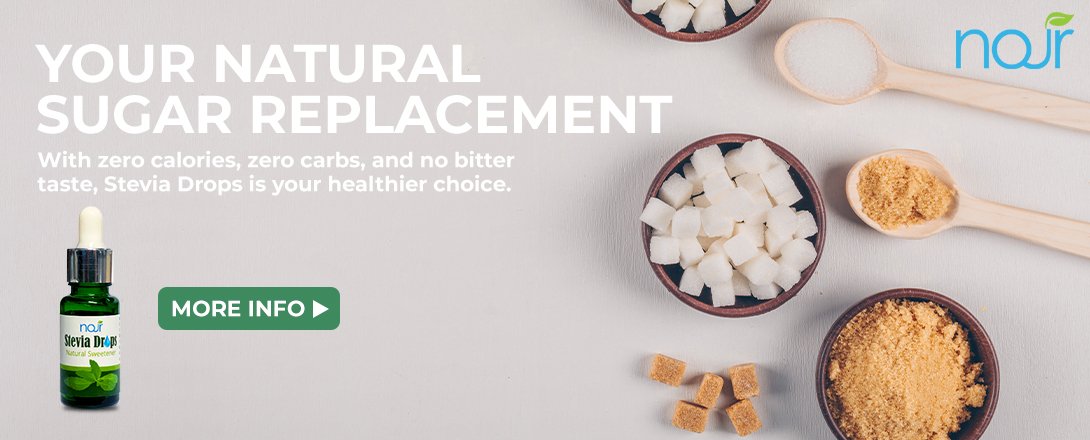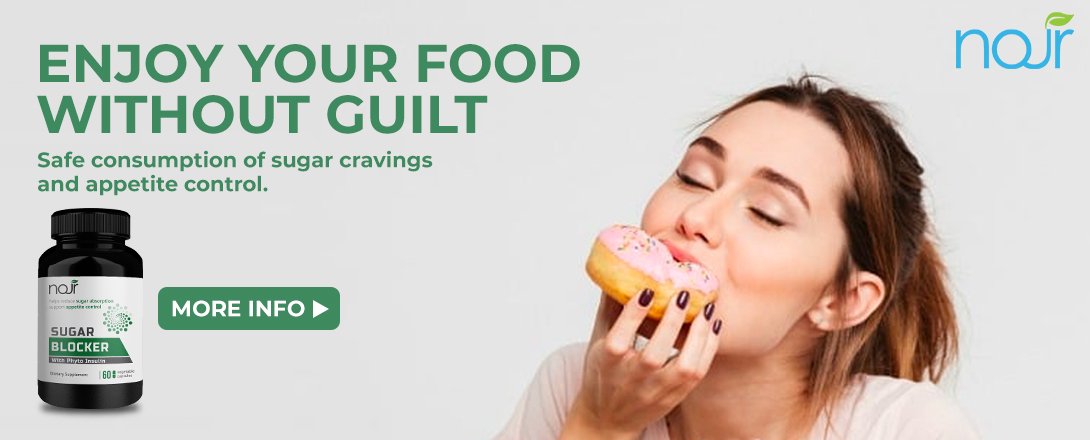In Singapore, Health Authorities are taking the health consequences of too much sugar very seriously.
“We need to tackle the diabetes challenge. Therefore, I am declaring war on diabetes,” said Health Minister Gan Kim Yong earlier in April 2016, in announcing the establishment of a new Diabetes Prevention and Care Taskforce.
This comes on the back of the growing problem of diabetes in Singapore, said the Ministry of Health (MOH). The ministry revealed that in 2014, around 440,000 residents aged 18 years and above had diabetes.
That same year, half of all heart attack cases had diabetes; two in three new kidney failure cases were due to diabetes; and two in five stroke cases had diabetes.
Example daily diet of a Singaporean
Breakfast: Pop crunchies with milk
Kcal: 389
Sugar in grams: 44g
Sugar in Teaspoons: 11
Lunch : Fast foods (cheese burger + mango smoothie)
Kcal: 640
Sugar in grams: 44.5g
Sugar in Teaspoons: 11
Snack : Chocolate wafer
Kcal: 250
Sugar in grams: 18g
Sugar in Teaspoons: 5
Dinner : Lemon chicken rice with fried lemon chicken
Kcal: 505
Sugar in grams: 11g
Sugar in Teaspoons: 3
Total: 117.5 grams of sugar = roughly 29 teaspoons of sugar.
7 Top Natural Sweetener
So many people over consume high fructose corn syrup, processed sugar and just carbohydrates in general. Many of them — though not all of them — still have sugar, but they’re much easier for your body to digest and process, and they bring the most health benefits to your body.
So whether you’re looking for sugar substitutes for baking or cooking, or just something to add in your morning tea or smoothie, these are the best 7 natural sweeteners you can use.
1. Raw Honey
No. 1 natural sweetener is pure, raw honey. We know the many health benefits of raw honey, so you really want to make sure it says raw on the label — because that’s the healthiest kind. Ideally, purchase it from a local source.
One of the reasons it’s so beneficial is that honey is not just a sugar — it’s actually a food. In addition to sugar, honey also contains amino acids, specific types of electrolytes and antioxidants, and antimicrobial compounds that can really support the health of your body. So one of your best options when it comes to sugar substitutes is to use pure, raw honey.
Also, raw honey contains antimicrobial properties. So I don’t just eat honey. I actually use honey when I get a cut or a wound and put it in the area. If you have acne or skin issues, you can put it right on the area. So it can actually even be used as a form of natural medicine.
2. Stevia
The No. 2 sweetener you should really consider using on a regular basis — and this is especially good if you have blood sugar issues, if you’re overweight or if you have diabetes — is stevia. Stevia is a no-calorie, all-natural sweetener that comes from the leaf of a flowering plant.
There are many types of stevia. Ideally, you should get full, green leaf stevia. Another form of stevia that’s suitable is stevia that’s just ground and part of it is extracted. The great thing about stevia is there’s no sugar involved at all, making it truly one of the best sugar substitutes around. So if you have diabetes or blood sugar issues, or are looking to lose weight fast, this is a great no-carbohydrate solution.
3. Maple Syrup
The No. 3 sweetener in terms of a natural sweetener is 100 percent pure organic maple syrup. Look for grade B or even grade C that is certified organic.
Maple syrup is one of the best sugar substitutes because it’s a fantastic sweetener. It’s good especially over things like pancakes and waffles and good in certain recipes where you want more of that earthy flavor along with it.
Maple syrup nutrition has so many benefits in addition to simply being one of the healthier sugar substitutes. That’s because maple syrup has a higher antioxidant capacity than sugar. In fact, pure maple syrup contains up to 24 different antioxidants. These antioxidants, in the form of phenolic compounds, are beneficial for reducing free radical damage that can cause inflammation and contribute to the formation of various chronic diseases.
4. Dates
No. 4 natural sweetener is dates. We could throw other fruits here into this category — things like raisins, apricots, other dried fruit and pineapple juices — but the great thing about dates is they’re also very high in fiber and potassium, as well as other vitamins and minerals. In fact, of all the sweeteners I’m going to go over, dates nutrition has the highest nutrient value.
Now in terms of phytochemicals that heal the body, honey is the highest, but in terms of actually vitamins and minerals and fiber content dates are the highest. That fiber actually slows down sugar absorption.
So remember, if we’re comparing this to white sugar or high fructose corn syrup, dates are not sugar. Dates are a food that contains sugar, and this food also has fiber and antioxidants, and minerals like potassium, that help you slowly absorb sugar and help regulate sugar within your body.
5. Coconut Sugar
No 5 sweetener is coconut sugar. Most people have heard about the benefits of coconut water, coconut milk, coconut flour and, of course, fresh coconut. Now, more and more people are using coconut sugar as their natural sweetener of choice because of its low glycemic load and rich mineral content.
Packed with polyphenols, iron, zinc, calcium, potassium, antioxidants, phosphorous and other phytonutrients, coconut sugar is versatile and now readily available. Coconut sugar is extracted sap from the blooms of the coconut and then heated. Next, through evaporation, we get coconut sugar.
So this coconut sugar is a great replacement, an equal replacement, to actual table sugar, especially in baking cookies, pies and things like that.
6. Blackstrap Molasses
No 6 sweetener may not be common in Singapore. Blackstrap molasses is the dark, viscous molasses that remains after maximum extraction of sugar from raw sugar cane. It has the consistency of a thick syrup, as the third boiling of sugar syrup yields blackstrap molasses. This concentrated byproduct is left over after the sugar’s sucrose has been crystallized.
Blackstrap molasses which is highly nutritious, rich in copper, calcium, iron, potassium, manganese, selenium and vitamin B6. Sugarcane and beet molasses has the highest phenolic content and antioxidant activity when compared with refined sugar, beet sugar, rape honey, corn syrup, and dates.
7. Real Fruit Jam
Last but not necessarily least is real fruit jam. The key here is real fruit jam. Berries, stone fruit, apples, pears and grapes are great replacements for sugar in recipes. You can use commercially available fruit jam; just be sure there is no added sugar or pectin. It’s better to make your own sugar-free jam with organic fresh or frozen fruit. It’s easy and economical.
To make your own fresh jam, combine four cups of your favorite fruit or berry in a saucepan with ½ cup water. Bring to a simmer, stirring frequently. Simmer until fruit has broken down and has started to thicken. Puree in a food processor and use immediately.
Living healthy doesn’t mean you have to give up sweets entirely; it just means you need to replace unhealthy refined sugars and artificial sweeteners with these natural sweeteners. Each of these has a best use, and some recipe modification will be necessary. Explore and find what natural sweetener you like best.



